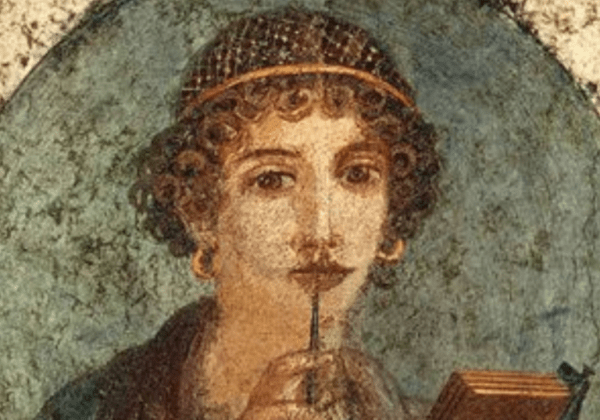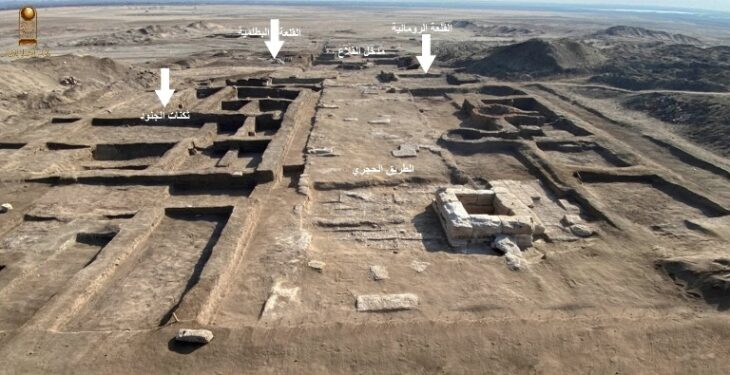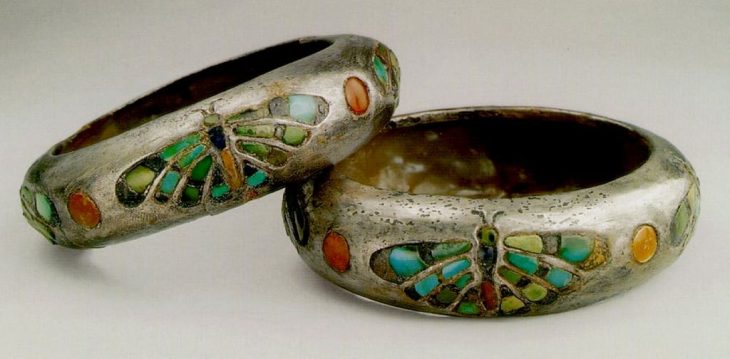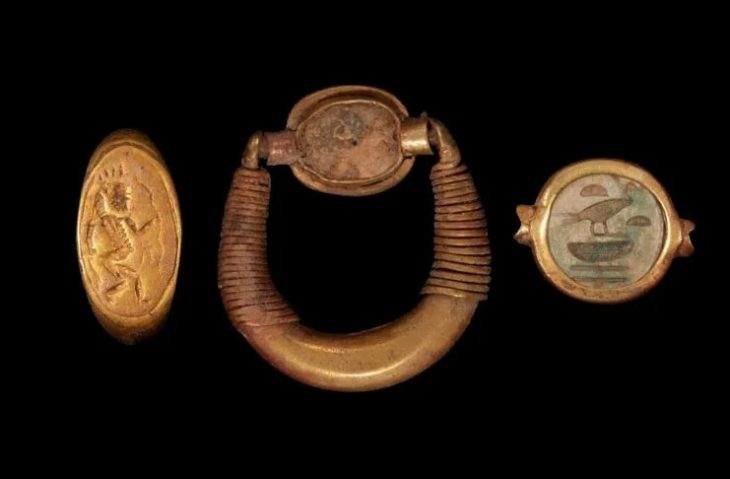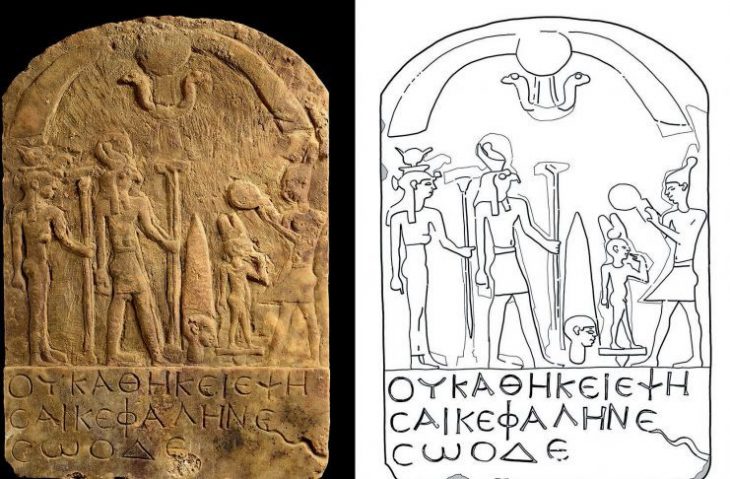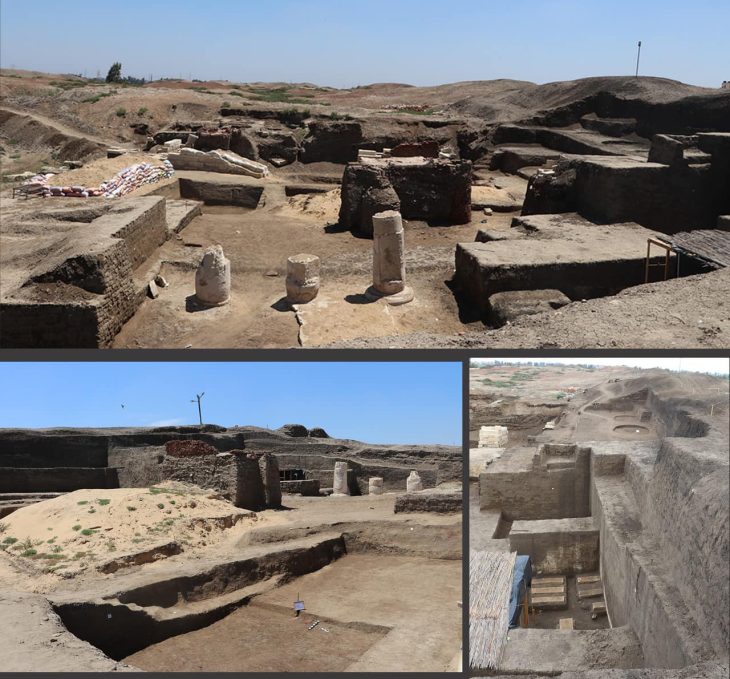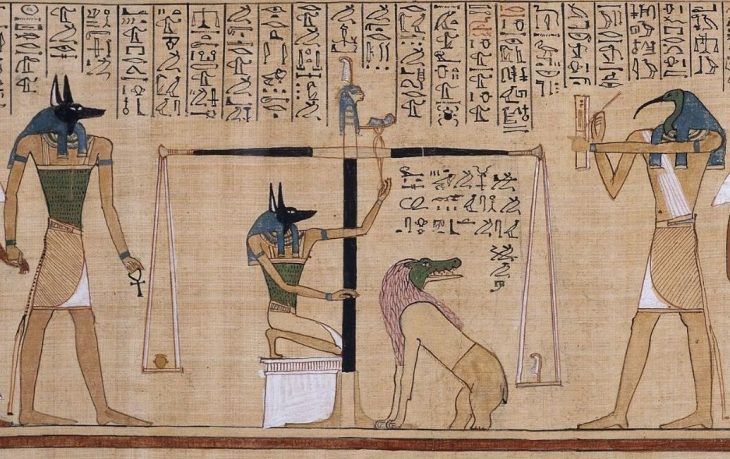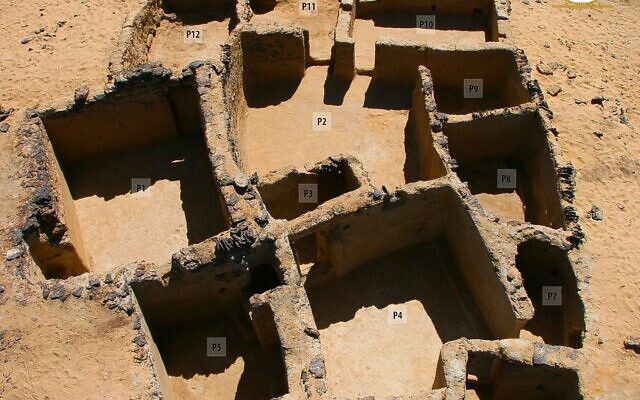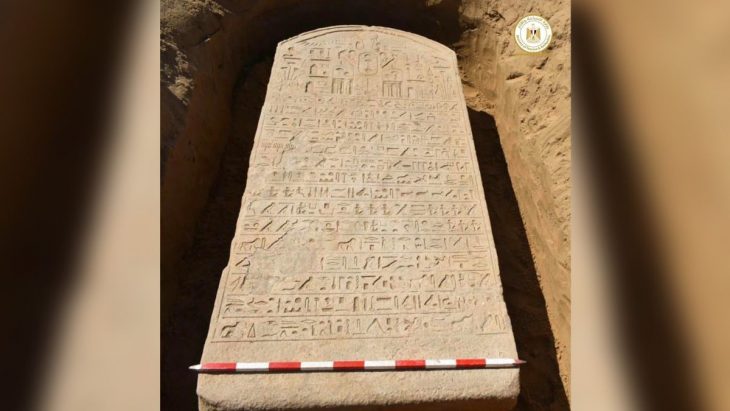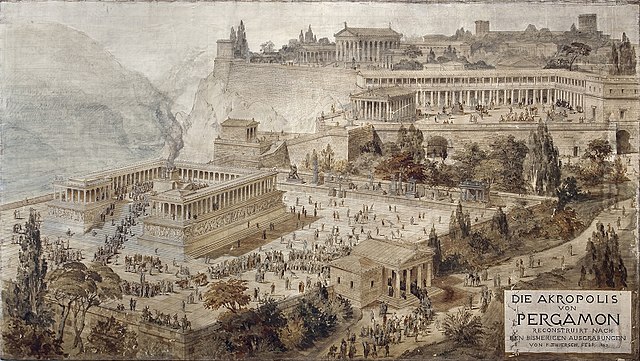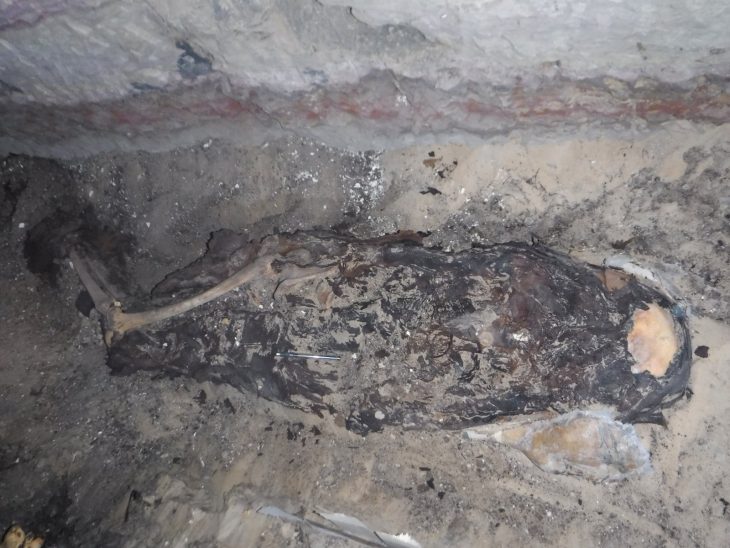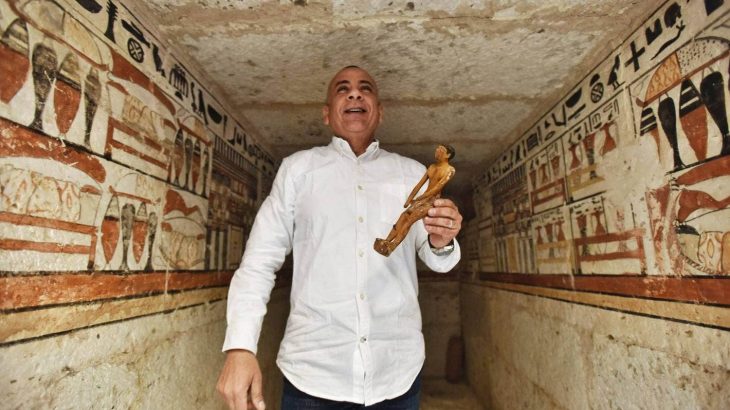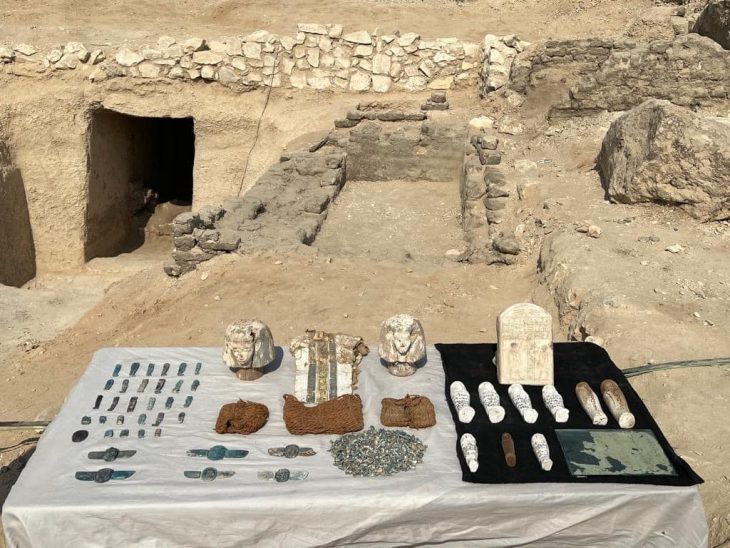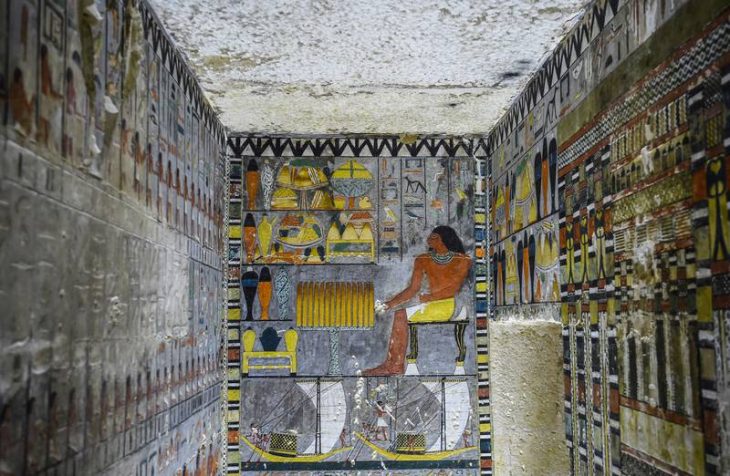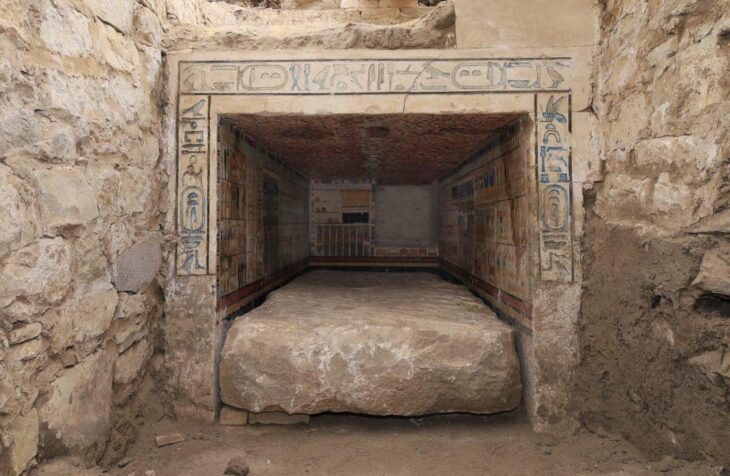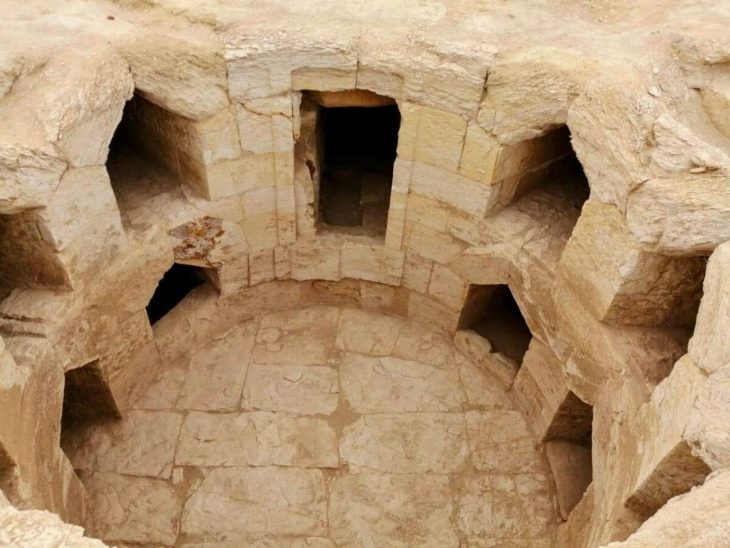Metrodora, an Egyptian gynecologist, was a notable figure in the world of medicine. Her work as a gynecology researcher and disseminator won her extraordinary acclaim from her peers.
Between 323 BC and 30 BC, Egypt experienced the Hellenistic period. During the same time period, Egyptian civilization flourished, with Alexandria serving as its focal point.
This enclave, situated in the western part of the Nile Delta, was established by Alexander the Great. It also had a distinct status as a Greek city, with its own administration separate from that of Egypt. It was colonized by the Roman Empire later on. Then it became another province for more than 600 years, it became another province, even though Greek remained a cultured language there.
The character of Egyptian gynecologist Metrodora and her importance to the field of medicine started to appear during this last historical era.
Many people are still unfamiliar with her identity. The mystery of her life and research remains a subject of conjecture and gossip. What is certain is that she made a name for herself as a gynecologist, midwife, and expert in women’s health issues. Her writings are notable for the fact that she kept them in strict alphabetical order.
Metrodora is thought to have been born in Egypt between 200 and 400 AD, according to experts. She was a well-educated woman who grew up in a society that, though not as sexist as the Greeks and Romans, saw women as merely complements to men.
However, it was lucky that the laws of ancient Egypt regarded men and women almost equally. This would have been unlikely in ancient Greece or Rome.
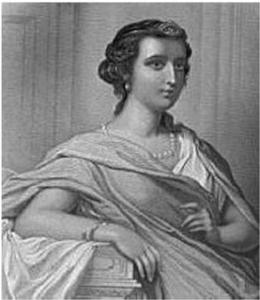
They could divorce, had a right to succession, and women’s exploitation was frowned upon. Women may also start their own businesses or work in some professions, such as health care.
The sense of Metrodora’s name is intriguing. Metro meant “womb,” and Dora meant “gift” in Greek. She certainly lived up to her name, specialized in female-specific diseases and disorders.
Throughout her lifetime, she published several gynecological treatises. About the Diseases and Cures of Women, her medical treatise has 63 chapters and is still widely used today. She not only discusses medical concerns in it, but she also gives general advice on public health and minor issues as well (such as hemorrhoids).
The use of the speculum for surgical exams is one of her services to medicine. She has invented the tampon as a contraception and treatment for menstrual infections. She had created medicinal substances that had never been used before and provided criteria for determining whether a woman had been sexually abused or raped.
Similarly, she was one of the first physicians to request surgical procedures in cases of cancer, which was known at the time as a “malignant ulcer.”
Cleopatra Metrodora
Historians aren’t sure whether Metrodora spent the majority of her time in Greece or Egypt. This is attributed to the existing misunderstanding caused by the many territorial movements that occurred in the pharaohs’ homeland.
For several years, it was speculated that Metrodora’s real identity was none other than the legendary Cleopatra. As a result, it’s not shocking that she’s referred to as “Cleopatra Metrodora” in some research, despite the fact that there’s no evidence that this story is real.
We may still praise her valuable work, whoever she was, thanks to her excellent writings. Some of them are housed in Florence’s Laurentian Library and would delight any scholar (or someone else) interested in learning more about this remarkable woman’s life.

